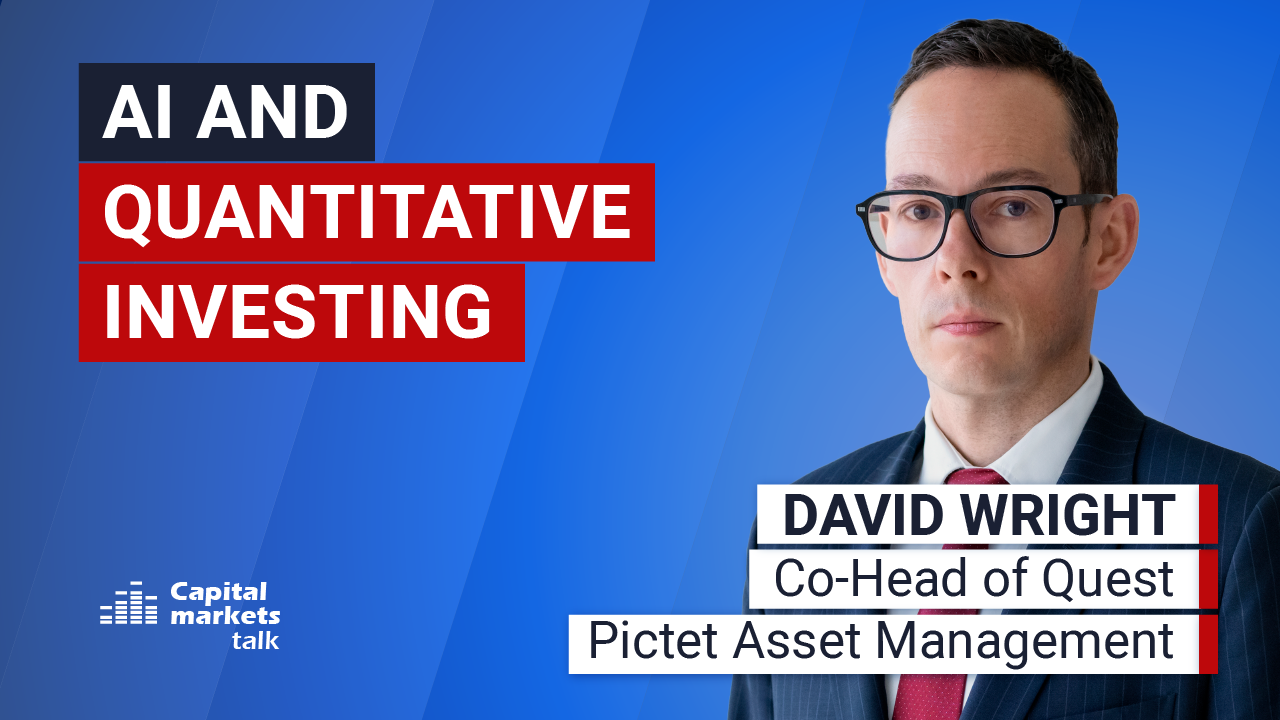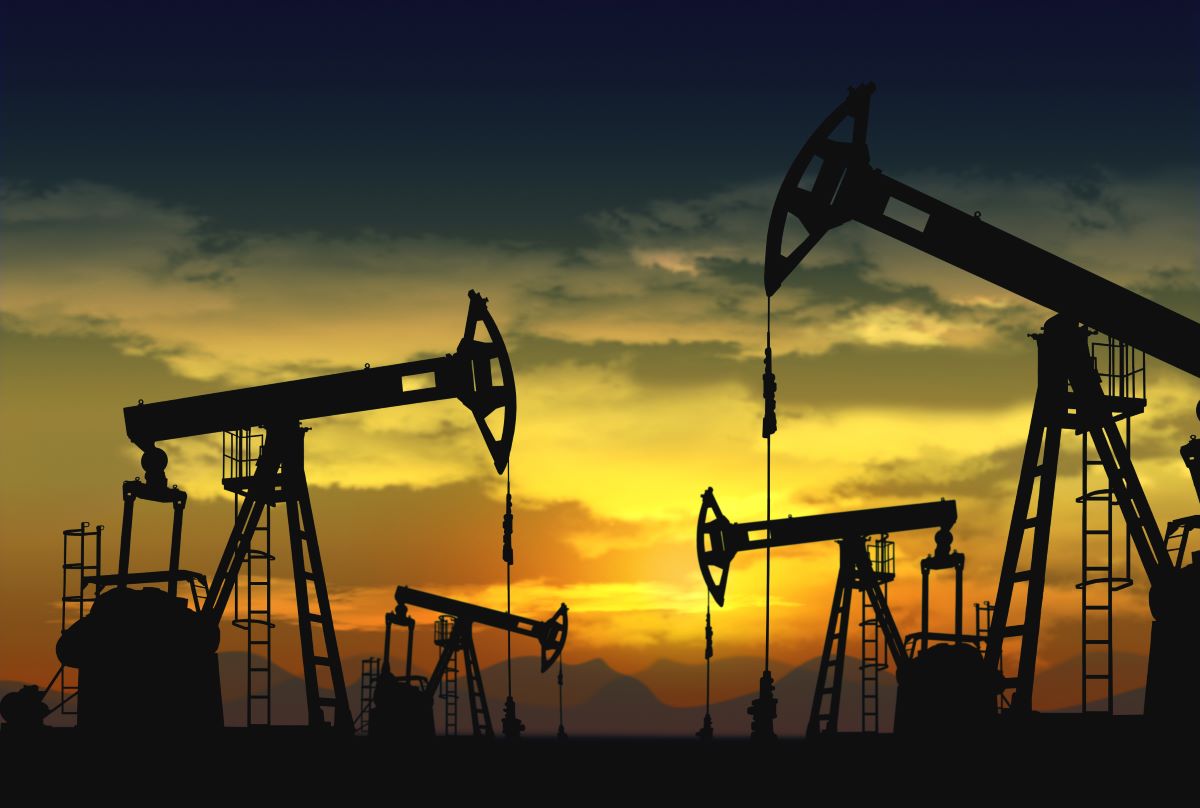The Russian invasion of Ukraine hit the global oil supply and accelerated the rush to renewables, which has brought the investor focus on legacy fossil fuel assets. Aviva Investors interviewed Kingsmill Bond, an energy strategist at US non-profit Rocky Mountain Institute, who believes fossil fuel consumption has peaked and will fall once renewables deployment increases and costs decline.
“He (Bond) sees the transition in energy technology upending the status quo, resulting in widespread write-downs and the possibility of a Minsky moment as fossil-fuel investors rush for the exit,” writes Aviva.
The energy transition researcher tells Aviva that prior to the Russia-Ukraine conflict, solar and wind were getting cheaper and were competing with fossil fuels. “Contrary to the narrative from the fossil-fuel industry, high prices have destroyed fossil-fuel demand,” says Bond.
The investment manager quotes Bond saying that petrostates will see money flowing out as everyone will be able to use renewables. Separately the cost of producing solar and wind power will drop drastically over the next few years, much below fossil fuel equivalents.
Bond tells Aviva Investors that the electricity and auto sectors are among the top industries which will see a change, while fossil fuel consumption takes a dive. “From our analysis, peak fossil-fuel demand occurred in 2019, and we are now just bouncing along the plateau at the top. What follows is decline. This can be seen clearly in forecasts for fossil-fuel demand from others too; they are all variants on a single theme,” as per Bond, further adding details about technological opportunities, implications across countries and markets, and the scope of change over the next few years.
Meanwhile, Rick Stathers, Climate Lead at Aviva Investors, says that while there is more fossil fuel to extract, it is becoming costly and inaccessible. “Ultimately, renewables win, as the energy solutions are better all-round. Renewables are plentiful and cheaper on a levelised cost basis than fossil fuels, even without factoring in the costs to human health of combustion or the environmental cost of damages from climate change,” concludes Stathers.
View the complete insight here.
Read more

Global Trade
Trump ignites global trade war / Reactions
The USA itself will be the victim of Trump’s trade policy.

Private Debt
The case for private debt in real asset financing
What makes the combination of private debt and real assets particularly compelling in today’s market?

Schroders
Looking ahead: 30-year return forecasts
Higher returns are expected across asset classes, driven by stronger productivity growth for equities and elevated long-term central bank rate projections for bonds.

Quant Investing
AI and quantitative investing
Artificial intelligence applications go way beyond stock selection.

Bellevue Asset Management
Demographics and AI drive MedTech stocks
MedTech investment case: What makes it attractive, which trends stand out?





















